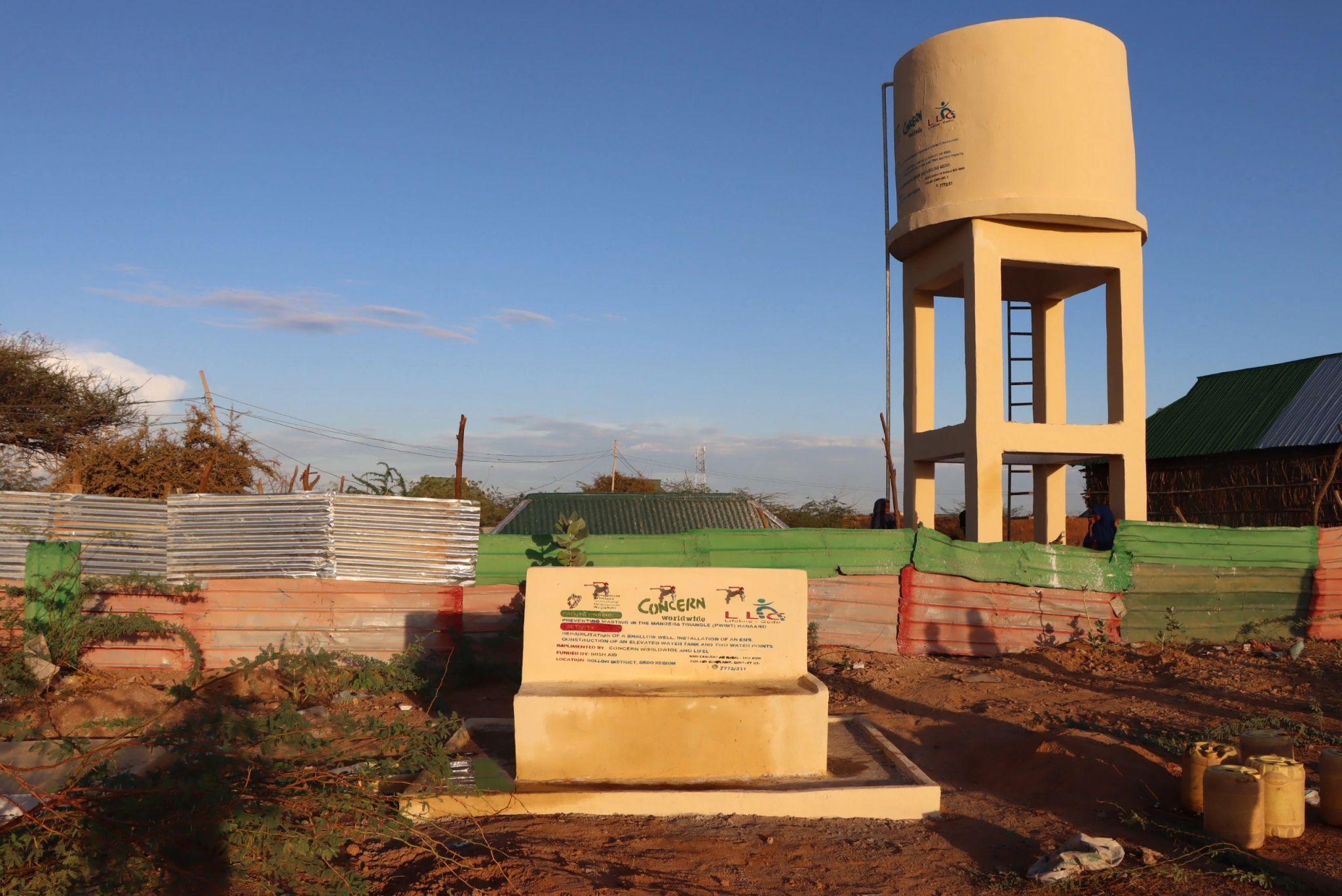The impending end of USAID funding has raised concerns over the future of vital community support in Mandera County, where thousands remain vulnerable to drought, climate shocks, and hunger.
For years, USAID’s Integrated Recovery Response (IRR) Project, funded through the Bureau for Humanitarian Assistance (BHA) and implemented by RACIDA, has provided a lifeline for agro-pastoralist families in Northern Kenya.
The initiative has bridged the gap between short-term relief and long-term resilience, impacting more than 107,000 people.
Through the project, solar-powered boreholes brought clean water closer to households, reducing the burden on women and improving health outcomes.
Nutrition programs helped save children from malnutrition and delivered essential maternal health services.
Livestock vaccination campaigns safeguarded herds, the backbone of local livelihoods, while cash transfers gave families the means to recover with dignity and independence.
RACIDA now warns that without sustained funding, these hard-won gains could unravel, leaving already fragile communities exposed to worsening climate crises and food insecurity.
“We have seen transformation firsthand, but without continued partnership, progress will be lost,” the organization emphasized.
As RACIDA continues to advocate for resilience-building support, the story of the IRR Project stands as a reminder of what is possible when humanitarian aid and local action converge to bring hope in some of the world’s most fragile places.

